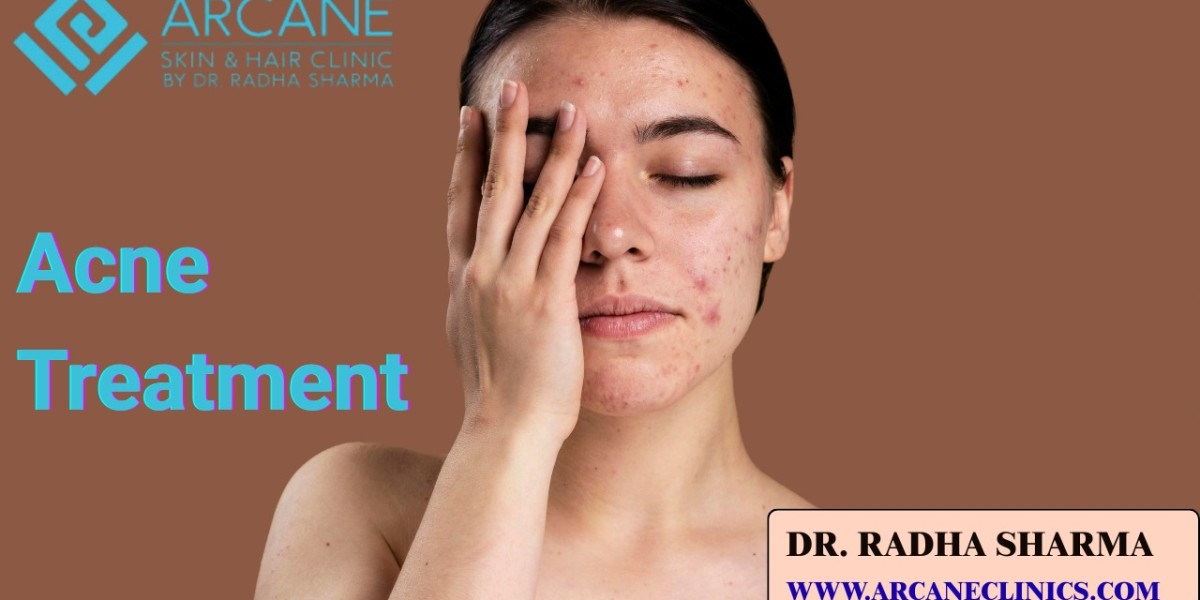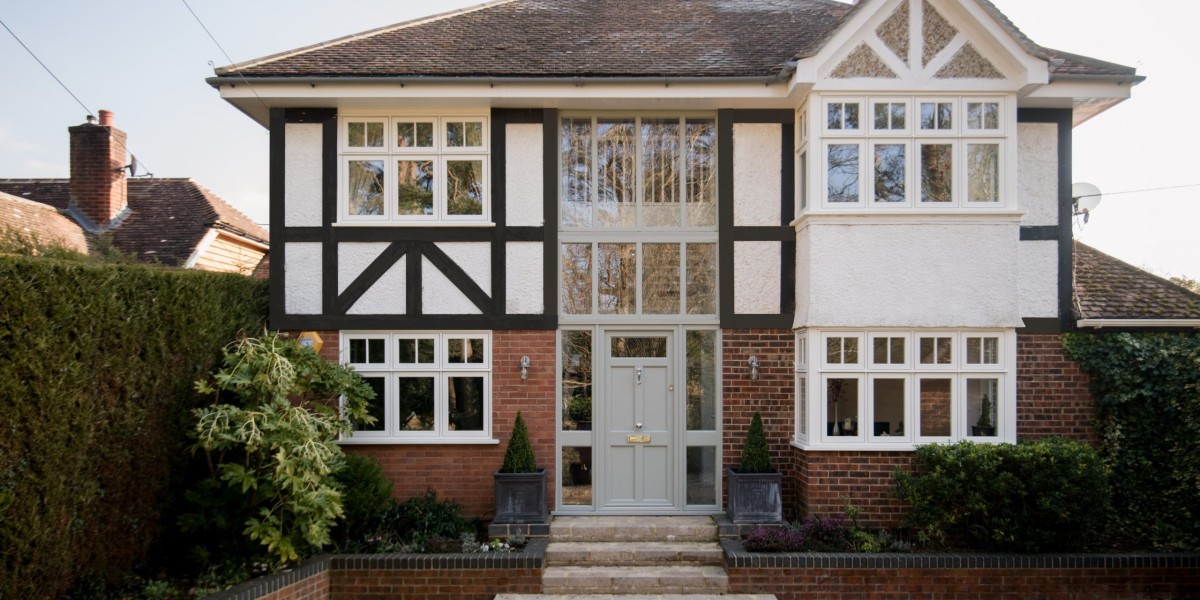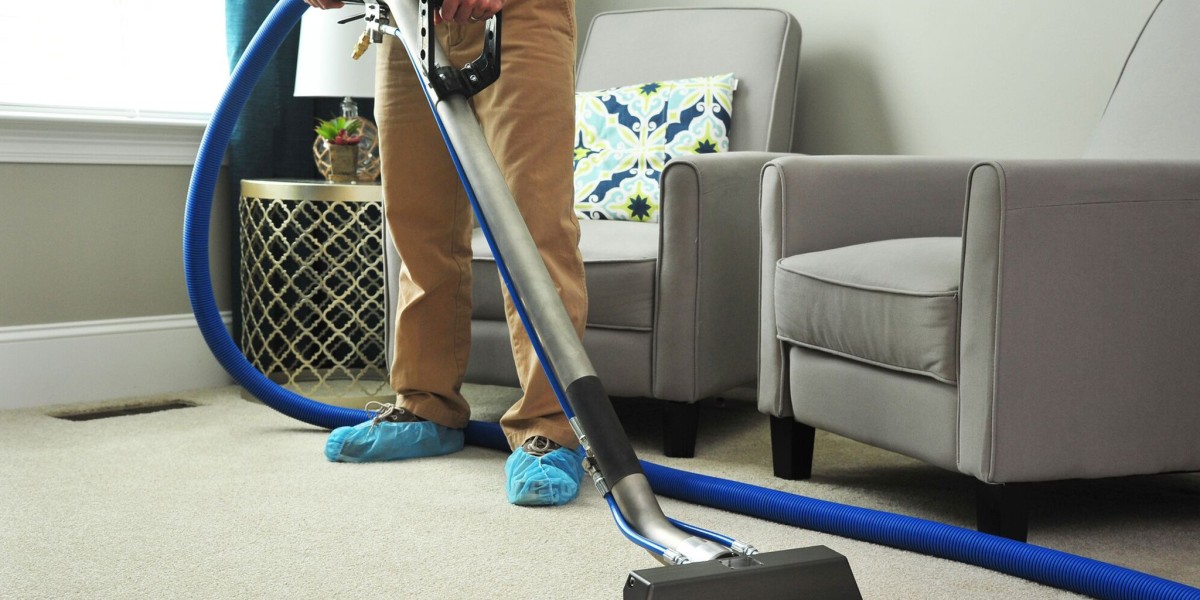we will explore the causes of acne, different types, and effective acne treatment in Noida, ranging from over-the-counter products and prescription medications to aesthetic treatment options. Continue reading below for further information.
What is acne?
Acne is more than just a few pimples; it is a chronic skin condition. Acne is mainly caused by the clogging of skin pores due to hair follicles with oil (sebum), dead skin cells, and bacteria. This further results in inflammation and breakouts. Although the face is the most common place where acne typically appears. However, acne can also be persistent on the chest, shoulder, and back.
Common Types of Acne
Here are some of the common types of acne and what causes them, mentioned below:
- Whiteheads: Whiteheads are mainly caused by closed pores. These closed pores are typically clogged due to oil and dead skin.
- Blackheads: Blackheads are typically caused when sebum present in the open pores is oxidized with Oxygen, making it appear black.
- Papules: Papules are a bit different than whiteheads and blackheads. Unlike them, they are small and appear as red and inflamed bumps.
- Pustules: Pustules are referred to as pimples, which contain pus. They are easily distinguishable, as they have a white or yellow tip.
- Nodules: Unlike other acne types, nodules are present under the skin. They appear to be hard and painful.
- Cysts: Cysts can be defined as large, pus-filled lumps that are also embedded deep under the skin. These cysts typically cause scars as well.
Causes of Acne
Some of the common causes of acne are as follows:
- Hormonal fluctuations
- Excess oil production
- Bacterial overgrowth
- Diet
- Stress
- Lack of sleep
- Certain medications such as corticosteroids or lithium
- Cosmetics and skincare products that clog pores
Effective Treatments for Acne
Here are some of the effective treatment options for acne mentioned below:
- Over-the-Counter (OTC) Topical Treatments: Common examples of topical treatment options are as follows:
- Benzoyl Peroxide: This treatment works by killing acne-causing bacteria along with reducing inflammation. Thus, it is best recommended for inflammatory acne like papules and pustules. However, this ointment or cream should not be used without a doctor’s recommendation. This is because it may cause side effects such as dryness or peeling. Always seek a dermatologist recommendation before starting to use this medication.
- Salicylic Acid: Salicylic acid is a type of beta-hydroxy acid also known as BHA. It works by exfoliating and unclogging pores. Therefore, it is highly recommended for treating blackheads and whiteheads. However, overuse may cause irritation or a burning sensation. Thus, it is important to use it one time a day. For expert advice, consult a dermatologist.
- Retinoids: They are derivatives of vitamin A. It works by promoting cell turnover, unclogging pores, and reducing inflammation. In addition, it is ideal for all types of acne. However, it is best suited especially for comedonal acne. Although, to avoid its side effects, such as increased sensitivity to the sun, it is recommended to use it before sleeping, and do not forget to wear your sunscreen during the day.
- Topical Antibiotics: The causative agent of acne can sometimes be bacterial infection. Thus, to treat bacterial infections, topical antibiotics are prescribed. Examples of such antibiotics are clindamycin and erythromycin. For more enhanced results, it is often used with benzoyl peroxide; this approach further helps in reducing bacterial resistance. In addition to that, it is best recommended for inflammatory acne.
- Oral Medications: In some cases of severe or persistent acne where mere creams and gels aren’t sufficient, oral medication can be prescribed. These oral medications can be antibiotics, hormonal medication (hormonal therapy), or isotretinoin (accutane). These medications work by targeting the root cause of acne, giving effective and safe results.
- Chemical Peels: Chemical peels are aesthetic treatment options for targeting acne and post-acne marks. These peels typically consist of glycolic acid, salicylic acid or TCA. Action of these acids helps in exfoliating and unclogging pores. Thus, these benefits of using chemical peels include improved texture and reduced acne marks.
- Laser and Light Therapy: Laser and light therapies are other effective and aesthetic treatment options for treating acne. This is because the blue light from laser and light therapies kills acne bacteria and red light helps in reducing inflammation. Thus, it is often considered great for persistent acne and scarring.
Original Source:-https://quotes.blogingers.com/types-causes-and-treatments-for-acne/













